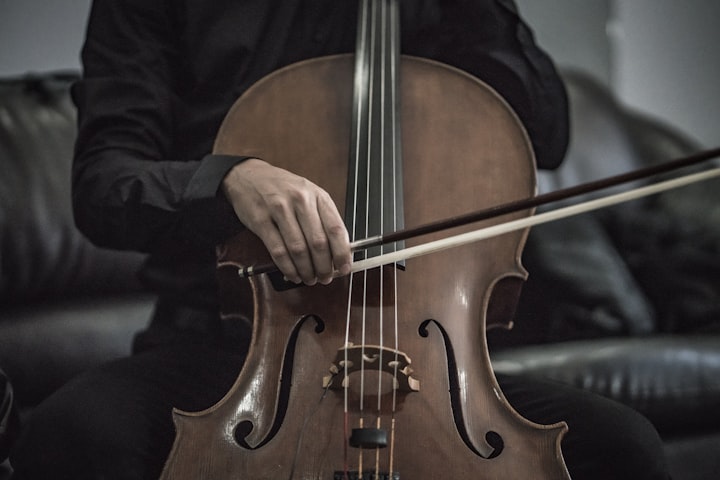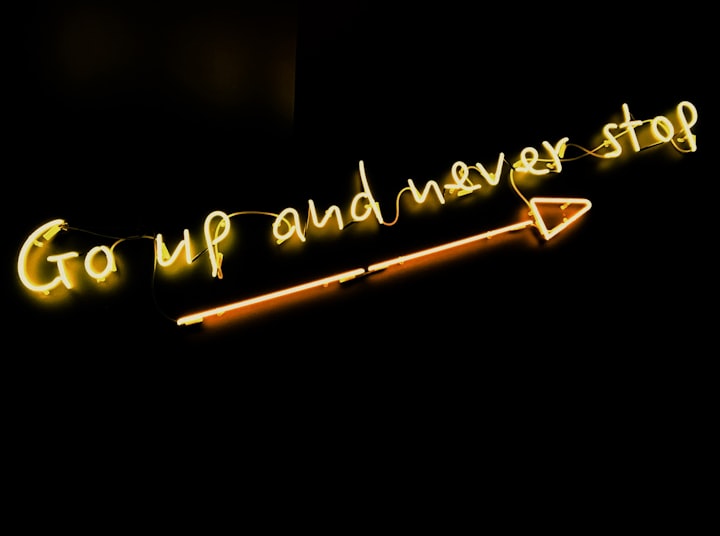The Great Composer Playing With Reality 12/12/21
Preparation Guide (English)

Hello,
My name is Ricardo, after a year of writing this work I have come to this day. I am leaving behind my previous job to dedicate all 2021 to the journey I am about to compose with you. I want it to be accessible to everyone, so I decided to make it a donation-based quest. So, thank you for your support! Enjoy it!
I will publish the dates of every new movement on different platforms. However, it is more likely that you might see it first on my Facebook Page. I look forward to connecting with you!
https://www.facebook.com/profile.php?id=100001147085216
The Great Composer Playing With Reality
Who is this musical quest for?
It will serve you best:
● If you want to know how different minds connect and collaborate to recreate the world we live in.
● If you are curious to reunite yourself with the composer(your essence).
● If you want to work in different areas of your composition (life).
What to expect:
At the end of all the movements, you will have learned to ...
● Identify each note (emotion) in your score.
● Understand the current relationship with the members of your Orchestra (Family).
● Learn to listen and honor others' interpretation.
● Teach others how to consistently align their instrument (physical) and score (emotional) to their composition (composer's purpose).
● Be more intimate with your instrument (body).
● Find the origin of each pattern you have played.
● Access the repertoire (the subconscious).
● Feel more appreciation for life
● Heal money wounds from past trauma.
● Live in abundance.
● Reframe your limiting beliefs about different aspects of life.
● Understand how your movements flow through you & not for you.
● Be more comfortable, cheerful, and grateful with life.
● Use music as a mirror.
Tips
1. Set aside at least 10 minutes each week to listen to a new movement and reflect on it. Repetition and contemplation are essential.
2. Compose. Keep a constant writing habit on how you feel and think according to the measure where you are on your score. Compose! Compose! Compose! Even if your writing is imperfect, it is better than not composing at all! No matter how much you write at the end of this journey, you will have results.
3. Be part of the Orchestra. Let's build a community together. Connecting with other composers is the new standard that will soon replace the old system.
Your Journey
Your success is connected to your actions. As we interpret your score, you will awaken new realities, gain new knowledge, and begin to put them into practice.
It is the beginning of a new era of learning and creating new habits! Trust the process and make the most of what is evolving in you.
The 3 main obstacles to be aware of
1. There is not enough time. The great paradox that we all face until you recognize that time is in your favor. Do the best you can. You will soon fall in love with time itself.
2. Resistance. There may be days when you don't feel like continuing, and internal resistance builds up. This is normal and is part of every journey. So wait for difficult days and contemplate that these are the days when it is most important to move on. To overcome resistance, you may want to start small and develop new habits slowly.
Resistance and disbelief often trick the mind with games that will make you feel inferior. Don't let this limit your learning experience and open your mind to new and valuable information to help you grow.
You will not agree with everything. The musician, the score, and the instrument resist interpretations that contradict what they think they know. This could increase tension towards the movements or the composer interpreting the music from a different perspective than the one you currently hold. Don't let this limit your learning experience. Treat each movement as a buffet of practice and information from which you can freely choose what feels right to you. Learn to play by ear.
3. Fluctuating motivation. Fluctuating motivation can often be challenging. Although you will be motivated at first, motivation can decrease over time. Spend some time defining your intention and the desired results to achieve at the end of each movement. Learning to modulate and adapt your score to new ways will allow your ears to transport you as you listen to other interpretations.





Comments
There are no comments for this story
Be the first to respond and start the conversation.